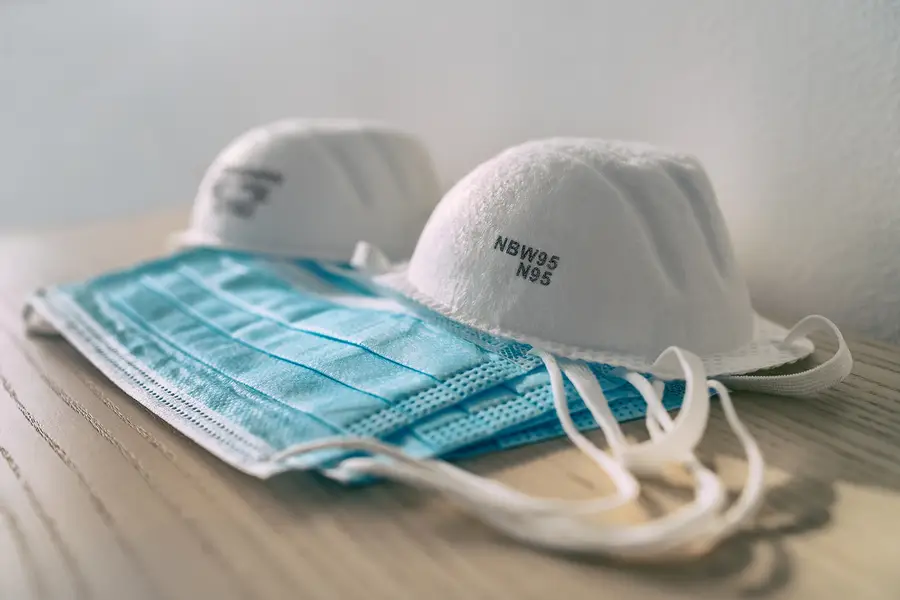
On a normal day, the Engineered Systems (ES) group at RTI is helping government and commercial clients research and test innovative protective garments and air-cleaning equipment for their applications in air quality and first responder situations. But when the COVID-19 pandemic struck, we pivoted. We now also develop testing technologies and methods for evaluating the performance of personal protective equipment (PPE), in-room bioaerosol air cleaners, and ventilation systems for the general public, health care workers, and service members.
When the pandemic caused a PPE shortage for healthcare workers in March, Congress passed the Coronavirus Aid, Relief, and Economic Security (CARES) Act and mobilized a network of organizations across the U.S. to develop and test alternative fabrics and masks to supplement the limited supply of N95 and surgical masks. RTI saw an opportunity to help in this response effort. Through the North Carolina Textiles Consortium, we joined forces with several manufacturers that were beginning to make masks, including EG Gilero and EHOP Health.
Basic product development for PPE begins with iterative filtration testing. As our partners developed mask materials, RTI helped evaluate, pro bono, their early-run prototypes. Through this effort, we readied our Particle Filtration Efficiency (PFE) and Biologics Filtration Efficiency (BFE) tests for high-throughput performance assessment of fabrics, masks, and face coverings.
Many textile companies have pivoted to PPE production through the ensuing months. Assessing the suitability of materials for face masks has become an urgent need across the country. While the list of certified test laboratories is short, and their backlogs long, RTI has now leveraged its filtration R&D labs to support PPE testing for both domestic and imported PPE materials and domestic product distributers. Since April, we have provided additional support to the domestic textiles supply chain, including the Economic Development Partnership of North Carolina, and the Advanced Functional Fabrics of America.
The COVID-19 pandemic has required individuals to step outside of their normal, daily routines and foster collaboration to help themselves and their communities. The ES team, utilizing our almost 40 years of experience in the study of airborne and infectious particles that are of health concern, is committed to fostering these collaborative relationships. We are eager to continue using our filtration testing capabilities to help combat the shortage of PPE for healthcare workers and reduce the spread of COVID-19.
RTI also has been able to partner with a certified testing lab that can route testing results through performance certifications necessary for FDA clearance. RTI is collaborating with North Carolina State University to provide mask testing to North Carolina companies via sponsorship of the CARES Act. This partnership has provided a conduit for all levels of the supply chain and consumers to gain access to appropriate testing and PPE peace of mind.



